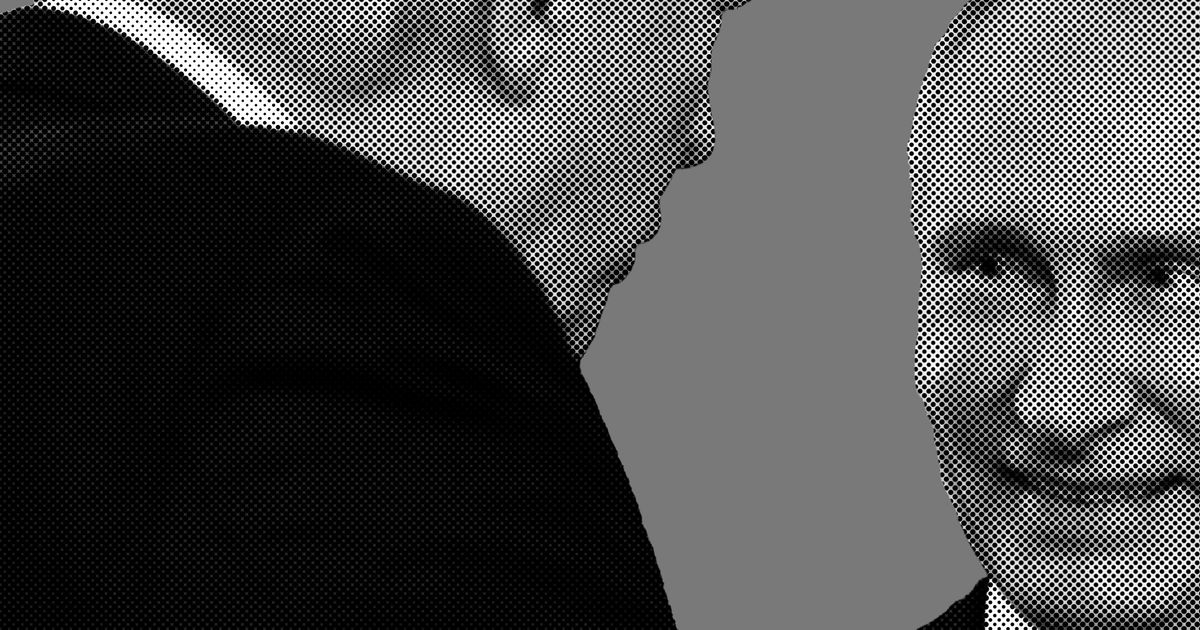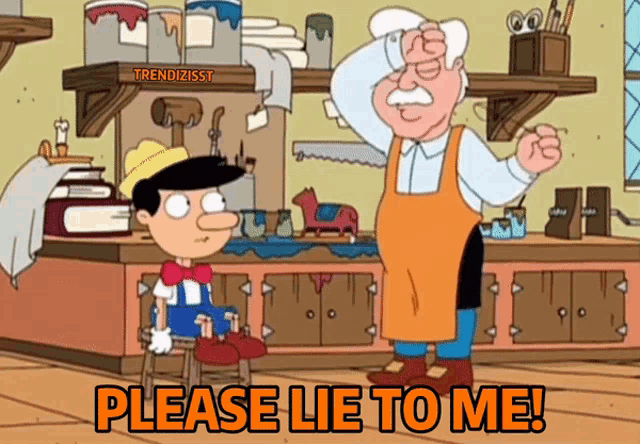I don't think that's an accurate reflection of how that works. Soliciting donations requires the donee to court the donor and that often is best done by demonstrating empathy with the positions of the donor. If done frequently enough and if the donors are similar enough in thought, it will lead to an unintentional bias towards the donor's preferential positions on a range of subjects.
We all know this. Obama himself commented on this issue:
I can’t assume that the money chase didn’t alter me in some ways. …
Increasingly I found myself spending time with people of means — law firm partners and investment bankers, hedge fund managers and venture capitalists. As a rule, they were smart, interesting people, knowledgeable about public policy, liberal in their politics, expecting nothing more than a hearing of their opinions in exchange for their checks. But they reflected, almost uniformly, the perspectives of their class: the top 1 percent or so of the income scale that can afford to write a $2,000 check to a political candidate. They believed in the free market and an educational meritocracy; they found it hard to imagine that there might be any social ill that could not be cured by a high SAT score. They had no patience with protectionism, found unions troublesome, and were not particularly sympathetic to those whose lives were upended by the movements of global capital. Most were adamantly prochoice and antigun and were vaguely suspicious of deep religious sentiment.
And although my own worldview and theirs corresponded in many ways — I had gone to the same schools, after all, had read the same books, and worried about my kids in many of the same ways — I found myself avoiding certain topics during conversations with them, papering over possible differences, anticipating their expectations. On core issues I was candid; I had no problem telling well-heeled supporters that the tax cuts they’d received from George Bush should be reversed. Whenever I could, I would try to share with them some of the perspectives I was hearing from other portions of the electorate: the legitimate role of faith in politics, say, or the deep cultural meaning of guns in rural parts of the state.
Still, I know that as a consequence of my fund-raising I became more like the wealthy donors I met, in the very particular sense that I spent more and more of my time above the fray, outside the world of immediate hunger, disappointment, fear, irrationality, and frequent hardship of the other 99 percent of the population — that is, the people that I’d entered public life to serve. And in one fashion or another, I suspect this is true for every senator: The longer you are a senator, the narrower the scope of your interactions. You may fight it, with town hall meetings and listening tours and stops by the old neighborhood. But your schedule dictates that you move in a different orbit from most of the people you represent.
And perhaps as the next race approaches, a voice within tells you that you don’t want to have to go through all the misery of raising all that money in small increments all over again. You realize that you no longer have the cachet you did as the upstart, the fresh face; you haven’t changed Washington, and you’ve made a lot of people unhappy with difficult votes. The path of least resistance — of fund-raisers organized by the special interests, the corporate PACs, and the top lobbying shops — starts to look awfully tempting, and if the opinions of these insiders don’t quite jibe with those you once held, you learn to rationalize the changes as a matter of realism, of compromise, of learning the ropes. The problems of ordinary people, the voices of the Rust Belt town or the dwindling heartland, become a distant echo rather than a palpable reality, abstractions to be managed rather than battles to be fought.
Probably the most coherent description of the problem by a major politician in the last 40 years. And it affects everyone who relies on donations to run their enterprises...NPR included.




